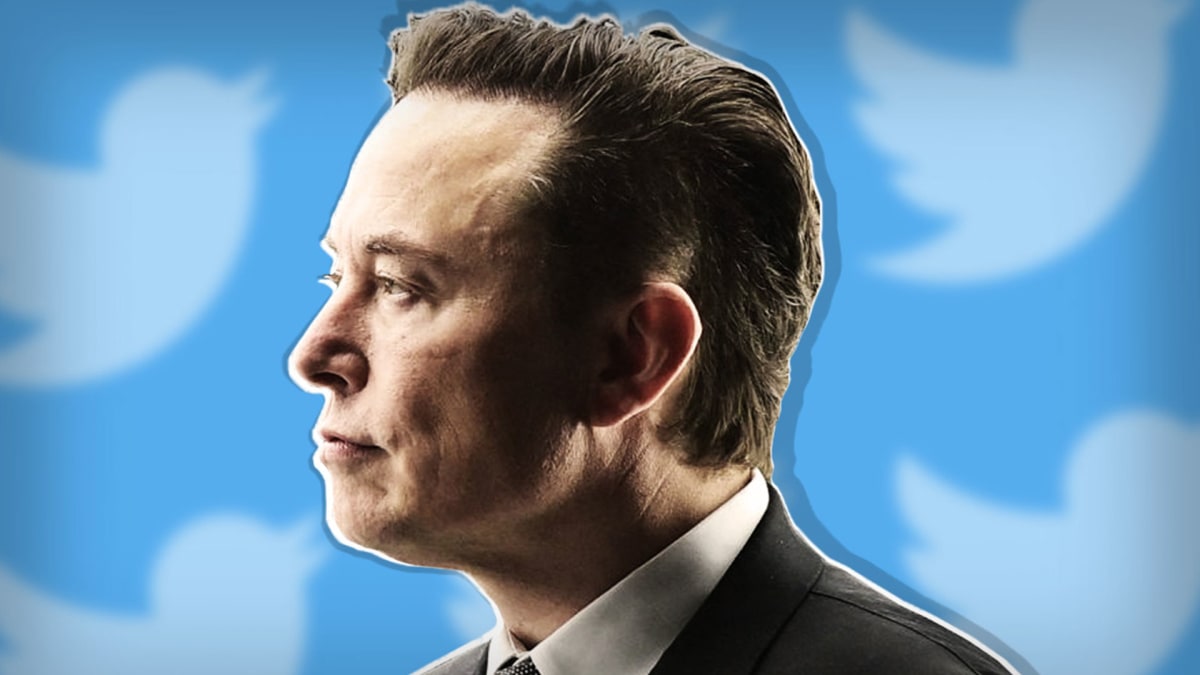
Elon Musk is at war.
The visionary CEO of Tesla (TSLA) has been focused, for the past few days, on efforts to revive Twitter, a social network he just acquired for a whopping $44 billion.
For many analysts, the billionaire paid too much for a platform that is not the main destination for advertisers.
But Musk, who lost a six-month battle against the management of Twitter, wants to find new sources of income as soon as possible, for the platform defined as the town square of our time.
He launched a cure of austerity, marked by the elimination, in one day on Nov. 4, of 3,700 jobs, half of the workforce of Twitter. He is also charging for the much sought-after blue badge, which confirms that an account has been certified on the platform.
Twitter will launch its revised subscription formula, Blue, whose price will increase from $4.99 dollars per month, to $8. But the band doesn't make money from subscriptions. It is the pub which is its cash cow.
The Calm ...
Ad revenue accounted for 91.4% of the $1.2 billion in revenue generated by Twitter in the second quarter ending June 30, according to a regulatory filing. The remaining revenue was through subscription fees.
However, since Musk became owner, many advertisers, starting with General Motors (GM), Audi (VLKAF) , Pfizer (PFE) and General Mills (GIS), have already suspended their commercials.
Some advertisers have expressed their fears that the platform will once again turn into a free-for-all "hellscape." About a dozen advertisers asked ad-buyer GroupM to suspend their ads on Twitter in the event that Donald Trump's account was reactivated, according to the Wall Street Journal.
All these advertisers say they want to see what direction Musk plans to take in terms of content management policy. They want to know which tweets Musk will allow and block on the platform.
What worries them is the position of Musk who defines himself as "free speech absolutist." In other words, the billionaire believes that anything can be said. He nevertheless toned down this position.
"Twitter obviously cannot become a free-for-all hellscape, where anything can be said with no consequences!" he wrote to advertisers on Oct. 27.
... Before the Storm
He then seemed to opt for a strategy aimed at reassuring advertisers. After this message, the billionaire put in place a council which is supposed to review the rules on Twitter. He promised that no decision to reactivate a previously banned account would be taken for several weeks, in other words, well after the midterm elections.
But he then changed his strategy, opting for the counter-attack.
The billionaire, often when it comes to crucial decisions, organized a poll in which he asked users to vote on whether advertisers should support free speech or political correctness.
In essence, he was trying to make a point that the companies which decide to suspend their ads once he has implemented his free speech content policy, will have chosen political correctness. He gave no third option, in a clear way of saying that the moment of neutrality was over.
But advertisers don't seem to have been discouraged by this tactic and have continued to suspend their ads.
"Regarding Twitter’s reduction in force, unfortunately there is no choice when the company is losing over $4M/day," the billionaire posted on Nov. 4.
Musk decided to react. And one of the solutions to stop the hemorrhage of advertisers is to use his influence by shaming them in the public square. The goal is to get his 114.3 million Twitter fans to boycott these brands. This is the threat he just made. It all started with a suggestion from Mike Davis, the former Chief Counsel for Nominations to U.S. Senate Judiciary Chairman Chuck Grassley.
"You have nearly 114,000,000 Twitter followers. Name and shame the advertisers who are succumbing to the advertiser boycotts," Davis suggested to him. So we can counter-boycott them. And get your $8 monthly subscription going asap. So we can start to makeup for lost revenue now."
Musk jumped on this suggestion.
"Thank you,: the billionaire responded. "A thermonuclear name & shame is exactly what will happen if this continues."
He did not say when he would carry out this threat. It is also unclear whether this threat will deter advertisers who do not want to see their products and services associated with hate speech or perceived as in support of it.







